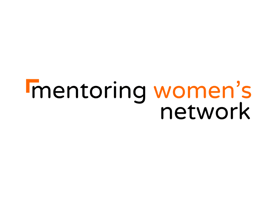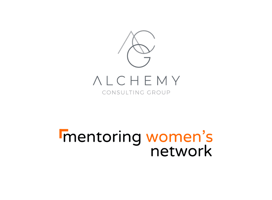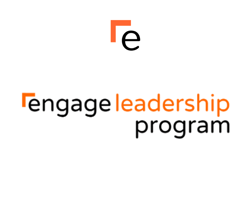Indianapolis, IN, January 16, 2023 — Engage Mentoring, a company that helps organizations develop...
Leveraging Mentoring to Grow Your ERG
As companies redefine their diversity, equity, and inclusion (DEI) strategies to better meet the needs of workers and other stakeholders, many have begun reexamining the roles of their employee resource groups (ERGs), which are internal communities of workers with shared identities and interests.
Employee Resource Group (ERG) programs create an open forum for employees who share a common identity to meet and support one another in building their community and sense of belonging. ERG programs empower these groups by offering them financial support, organizational support and access to decision-makers.
Leaders sometimes fall short in cultivating a sense of belonging because they disregard that their employees bring their lived and professional experiences to the workplace. It is because of mentoring within the context of workplace affinity groups/business resource groups (BRGs)/employee resource groups (ERGs)—-where I found my voice and developed meaningful relationships that helped me build my leadership capacity and skills. These groups also created exposure opportunities for me to be seen by leaders and executive sponsors in the organization who could support my career trajectory.
How is your current structure supporting your employees and helping them be able to show up authentically with all the aspects of their identity and experiences that have shaped them?
I spoke to a group of ERG leaders recently who are doing this work by providing a space for connection and community building, but some still struggle with member engagement and strategic alignment to overall business goals.
Following are the symptoms of an ERG that is not thriving:
· Low retention
· High turnover
· Burnout
· Low morale
· Little or no growth opportunity
· Rewarding unhealthy work/life balance
· Siloed communication
· Absence of transparency
· Lack of trust
How can mentoring support ERGs?
ERGs are a reflection of the culture in which they are planted. When employees get an opportunity to mentor within ERG’s, their commitment to the cause grows. The ERG experience becomes more than attending events and adds a unique aspect of purpose.
It is essential to create an environment where people feel safe to bring all of who they are to work so they can have more meaningful connections with other group members, promote diversity & inclusion advocacy, showcase business impact and help to define and establish varying mentoring relationships including one-on-one, peer, cross-cultural and reverse mentoring.
Here are some questions to ask when considering a mentoring program for your ERG:
• How do we define mentoring?
• What do we want to accomplish with the program?
• How does program and individual success get measured?
• How will the program benefit the company?
• What are the components of participation?
• Who is the target population for mentors/mentees?
• How long is the duration of one program cycle?
• How is the matching process coordinated?
• What types of activities and materials are guiding participants?
• Do we have organizational capacity, budget and infrastructure to execute
internally or outsource?
• Is it scalable?
I hope these tips provide insight into how mentoring is a key strategy that may be leveraged to develop and grow a successful ERG program. Please contact info@engagementoring.com for an introductory consultation.
Yalonda Brown is a seasoned professional whose expertise spans over 20 years in both the private and public sectors. Her drive and self-determination has resulted in a myriad of demonstrable accomplishments as an intuitive leader, thought partner, and high functioning performer. Yalonda serves as the President of Diversity Initiatives for Engage Mentoring where she leads the national expansion of diversity-focused mentoring and leadership programs for companies, universities, and nonprofits.



